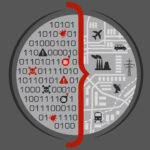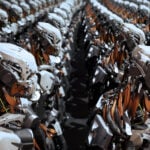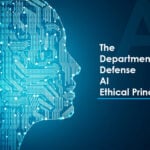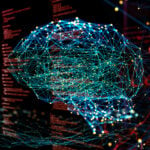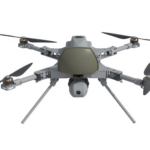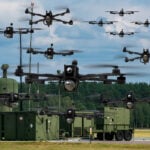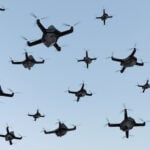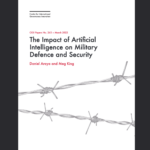Paper: Understanding the Impact of Artificial Intelligence on National Security
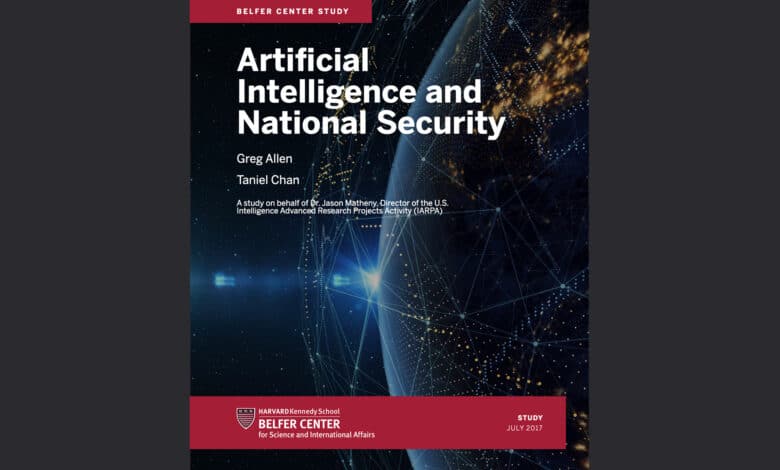
The Belfer Center for Science and International Affairs at the Harvard Kennedy School recently released a comprehensive study titled “Artificial Intelligence and National Security.” Authored by Greg Allen and Taniel Chan, this paper looks into the transformative potential of AI on national security and its implications for the future. Here’s a concise overview of the report:
The last five years have witnessed significant advancements in the field of Artificial Intelligence (AI), particularly in machine learning. This rapid progress, which has surpassed previous expectations, is primarily driven by:
- Exponential growth in computing performance.
- Availability of large datasets for machine learning training.
- Implementation advances in machine learning techniques.
- Substantial commercial investments in AI.
The Transformative Potential of AI
- Military Superiority: AI can introduce new capabilities and make existing ones more accessible to a broader range of actors. For instance, commercial AI technologies, like long-range drone delivery, could potentially offer weaker states and non-state actors a form of long-range precision strike capability.
- Information Superiority: AI can significantly enhance data collection, analysis, and creation. While this means more sources to discern the truth, it also makes misinformation more prevalent. Advanced AI can produce convincing forgeries of audio and video media, challenging trust across various institutions.
- Economic Superiority: AI might usher in a new industrial revolution. As labor automation grows, countries might experience scenarios similar to the “resource curse.” Population size will become less crucial for national power, allowing smaller nations with AI expertise to have a disproportionate influence.
Lessons from Past Transformative Technologies
By examining four previous transformative military technologies—nuclear, aerospace, cyber, and biotech—the report derives several lessons for AI:
- Radical Technological Change: As with past transformative technologies, AI’s national security implications will be revolutionary.
- Managing Arms Races: While outright bans on AI applications might be unrealistic, the focus should be on safe and effective technology management.
- Promoting and Restraining Commercial Activity: The government must strike a balance between promoting AI advancements and ensuring they don’t pose significant risks.
- Prioritizing Technology Safety: Governments should establish dedicated organizations to promote AI safety.
- Evolving National Interests: As technology advances, the definition of national interests will also change.
Recommendations for the Future
The report suggests several policy recommendations to navigate the AI landscape:
- Preserve U.S. Technological Leadership: This includes conducting AI-focused war-games, funding strategic AI analyses, and investing in counter-AI capabilities.
- Support Peaceful AI Use: Increase funding for AI-related basic research and promote collaboration between the national security community and the commercial AI industry.
- Manage Catastrophic Risks: Explore technological solutions for countering AI-enabled forgery and establish dedicated AI-safety organizations.
In conclusion, the rise of AI presents both opportunities and challenges for national security. By learning from past technological revolutions and implementing thoughtful policies, nations can harness the power of AI while mitigating its risks.
The full report is available here: https://www.belfercenter.org/publication/artificial-intelligence-and-national-security
For 30+ years, I've been committed to protecting people, businesses, and the environment from the physical harm caused by cyber-kinetic threats, blending cybersecurity strategies and resilience and safety measures. Lately, my worries have grown due to the rapid, complex advancements in Artificial Intelligence (AI). Having observed AI's progression for two decades and penned a book on its future, I see it as a unique and escalating threat, especially when applied to military systems, disinformation, or integrated into critical infrastructure like 5G networks or smart grids. More about me, and about Defence.AI.
